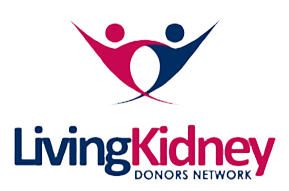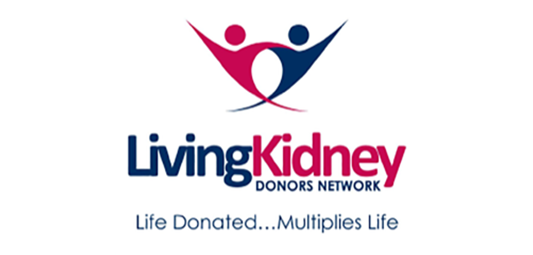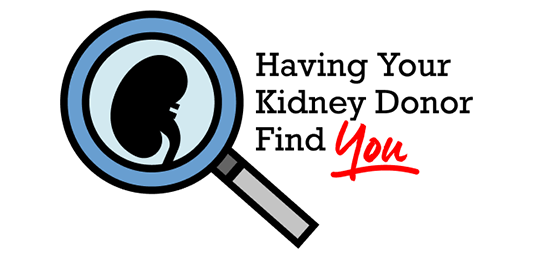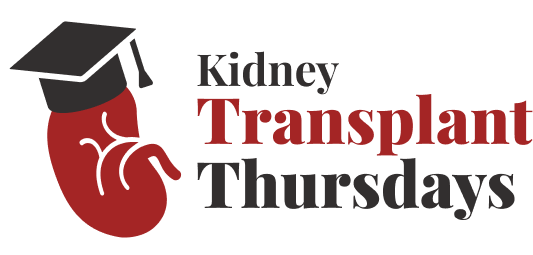The Paired Exchange Conundrum
If you need a paired exchange, you are likely unaware of The Conundrum
Imagine the frustration of having a kidney donor who is willing and healthy enough to donate but they are not compatible with you. Almost half of all potential kidney donors are not compatible with their intended recipient.
As a result of medical technology, paired exchanges, (also called swaps or chains), allow these incompatible donors to help their intended recipient by donating to another recipient who also has an incompatible donor. Paired exchanges have revolutionized kidney transplants.
Unlike the waiting list for a deceased donor kidney, there isn’t one national paired exchange program that lists all incompatible pairs. There are many lists of incompatible pairs. Here are the different types of paired exchange programs that have developed:
- If your transplant hospital has a paired exchange program then they will try to match you with the other incompatible pairs that they have registered at their hospital.
- Some hospitals share some or all of their incompatible pairs with other local hospitals or ones in different parts of the U.S.
- There are three national organizations that don’t do transplants but they have developed a “co-op” type relationship with many hospitals. To get registered with one of these “co-op” organizations you need to register with one of their affiliates. Keep in mind, that an affiliate hospital may not be required to share all of their incompatible pairs. If you register at one of the “co-op” organizations you should confirm with your center that they have registered you with their “co-op” organization.
- You can register with multiple hospitals for a paired exchange and with multiple “co-op” organizations. Before looking into registering with other hospitals you need to check with your insurance. They may not cover you at another hospital. Those with Medicare are covered at all transplant hospitals.
Here’s a list of the three “co-op” organizations: (National Kidney Registry is doing more paired exchanges than the other two groups.)
Alliance affiliated centers
National Kidney Registry
What You Should Know and Action You Can Take
You should ask if your hospital is involved with other paired exchange programs and whether they share all of their incompatible pairs with that organization. Some hospitals will keep the pairs that are easy to match and offer the more difficult pairs to their exchange member(s). This is not an efficient way of maximizing paired exchange programs.
Here’s what you can do to maximize your chances of being matched with another incompatible pair:
- Register with your original transplant hospital’s paired exchange program.
- If your hospital isn’t affiliated with one or more of the three national “co-op” programs, then select one, (or more than one “co-op”,) search their list of affiliated centers and you and your incompatible donor need to register at one of their affiliates.
- There are transplant centers that have Paired exchange programs that are not affiliated with any of the three “co-op” organizations. You can register at these transplant centers too.
Registering with different paired exchange programs may not be easy, but it will increase the odds of being matched with another incompatible pair.
If you have questions about paired exchanges, email or call LKDN to speak with someone to get your questions answered.
For a more detailed description of Paired exchanges click here or go to: www.LKDN.org/LKDN_Paired_Exchanges.pdf
© Living Kidney Donors Network | A Nonprofit 501(c)3 Organization | Contact Us



